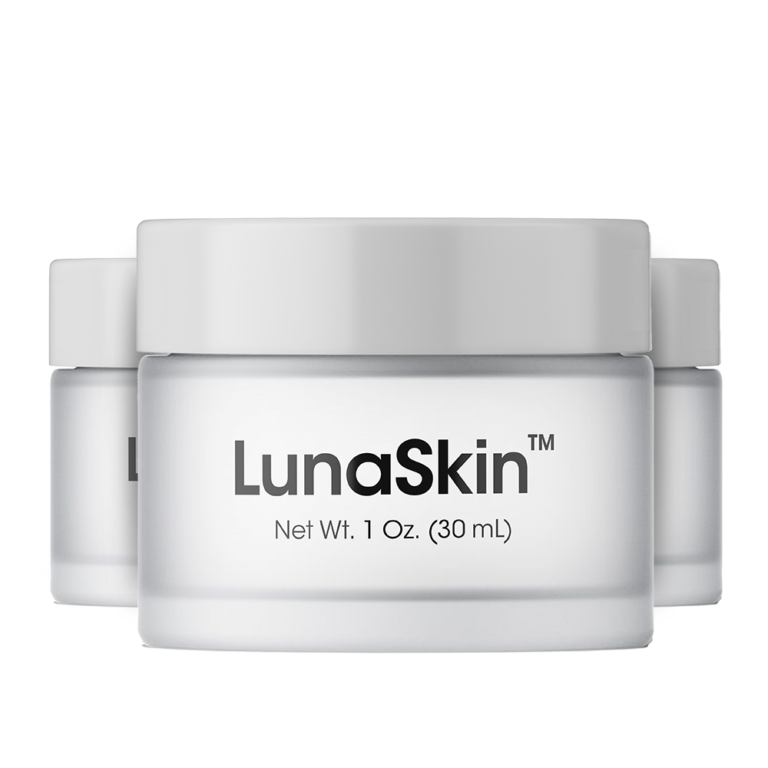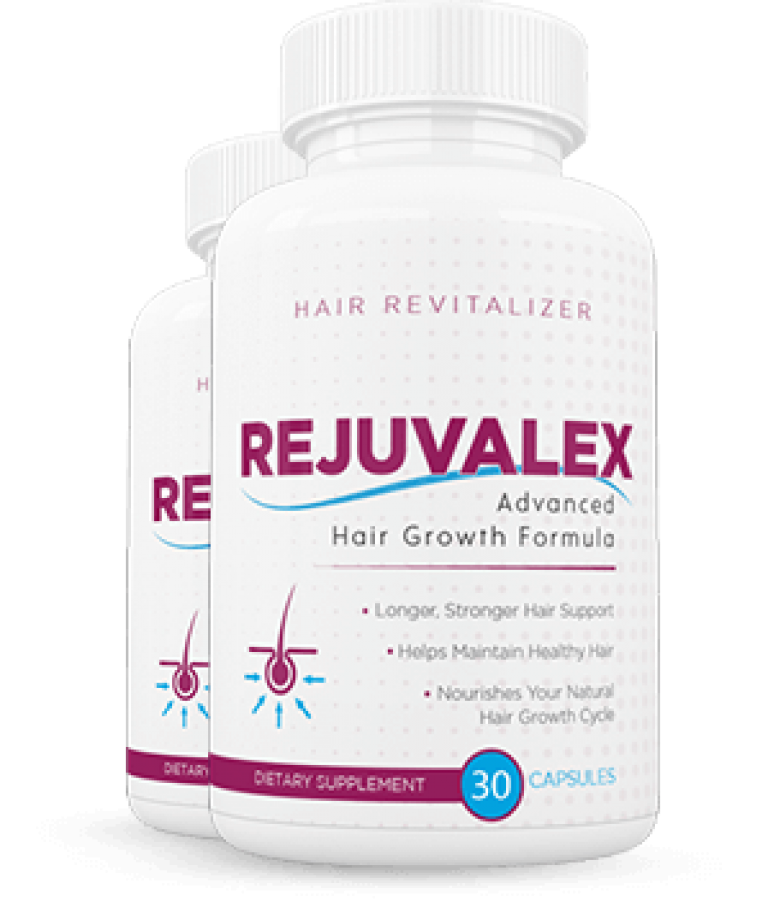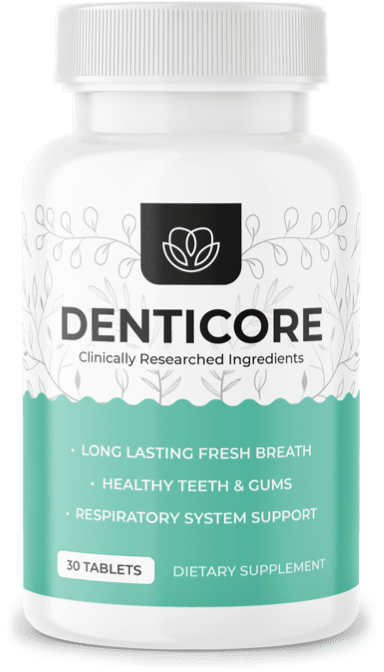Healthy Enlarged Prostate: Tips for Men’s Prostate Health
As men age, one common health concern is the risk of developing an enlarged prostate, a condition known as benign prostatic hyperplasia (BPH). While it is not life-threatening, an enlarged prostate can lead to uncomfortable symptoms and significantly impact a man’s quality of life. Maintaining a healthy prostate becomes crucial for preventing complications such as urinary problems, infections, and even surgery.
In this article, we will discuss what an enlarged prostate is, its symptoms, causes, and most importantly, practical lifestyle tips to manage the condition. These strategies aim to improve overall prostate health, alleviate symptoms, and enhance men’s well-being.

What is Benign Prostatic Hyperplasia (BPH)?
The prostate is a small, walnut-sized gland located just below the bladder and in front of the rectum. It plays a key role in the male reproductive system by producing seminal fluid, which mixes with sperm during ejaculation. As men age, the prostate naturally enlarges, and this can lead to BPH.
BPH occurs when the prostate gland grows large enough to put pressure on the urethra (the tube that carries urine from the bladder out of the body). This pressure can make it difficult to urinate or cause other urinary issues. BPH is common among men over the age of 50, and while it is not cancerous, the symptoms can significantly affect daily life.
Common Symptoms of an Enlarged Prostate
If you are experiencing symptoms of an enlarged prostate, it’s important to consult with a healthcare professional for diagnosis and treatment. Symptoms may include:
- Frequent Urination: A sudden, uncontrollable urge to urinate, especially at night (nocturia).
- Weak Urine Stream: Difficulty starting urination or a weak flow of urine.
- Incomplete Bladder Emptying: Feeling like the bladder isn’t fully empty even after urinating.
- Urgency: A persistent need to urinate.
- Straining to Urinate: Having to exert effort to begin or maintain urination.
- Inability to Urinate: In severe cases, a complete blockage may occur, requiring medical intervention.
If left untreated, these symptoms can lead to complications such as bladder infections, bladder stones, or kidney damage.
Causes of an Enlarged Prostate
Several factors contribute to prostate enlargement, most of which are linked to aging and changes in hormone levels. Understanding the causes can help in managing and preventing BPH:
- Aging: As men age, the risk of developing BPH increases. By the age of 60, about 50% of men will experience some symptoms of BPH, and this number rises to 90% by the age of 85.
- Hormonal Changes: As men grow older, testosterone levels decline, while levels of estrogen increase. This imbalance may contribute to the growth of prostate cells, leading to BPH.
- Family History: A family history of BPH or prostate-related problems can increase the likelihood of developing an enlarged prostate.
- Lifestyle Factors: Obesity, lack of physical activity, and poor diet can also play a role in prostate enlargement and worsen symptoms.
Maintaining a Healthy Prostate: Lifestyle Tips and Strategies
While BPH is a common part of aging, there are several strategies that can help manage symptoms and maintain prostate health. These lifestyle changes can reduce the risk of complications and promote overall well-being.
- Balanced Diet for Prostate Health
The foods you consume have a direct impact on prostate health. Incorporating a balanced diet rich in vitamins, minerals, and antioxidants can reduce the risk of prostate enlargement and ease symptoms if they occur.
- Increase Fruits and Vegetables: A diet high in fruits and vegetables is essential for prostate health. Leafy greens, tomatoes, broccoli, and berries are rich in antioxidants and anti-inflammatory compounds that support healthy prostate function. Lycopene, found in tomatoes, is particularly beneficial for reducing prostate size and promoting urinary health.
- Omega-3 Fatty Acids: Found in fatty fish like salmon, sardines, and mackerel, omega-3 fatty acids help reduce inflammation and promote prostate health. Including these healthy fats in your diet can ease the symptoms of BPH.
- Limit Red Meat and Dairy: Diets high in red meat and full-fat dairy products have been linked to an increased risk of prostate issues. Limiting your intake of these foods may help reduce inflammation and prevent the worsening of BPH symptoms.
- Plant-Based Proteins: Substituting animal protein with plant-based options like beans, lentils, and tofu can promote better prostate health and reduce the risk of BPH.
- Stay Hydrated, But Wisely
Proper hydration is important for overall health, but for men with an enlarged prostate, excessive fluid intake, particularly in the evening, can lead to more frequent nighttime urination (nocturia).
- Moderate Fluid Intake: Drink plenty of water throughout the day, but reduce fluid intake 2-3 hours before bedtime to prevent nighttime urination. Avoid drinking caffeinated beverages, such as coffee or tea, which can irritate the bladder.
- Maintain a Healthy Weight
Carrying excess body weight, especially around the midsection, has been associated with increased prostate enlargement. Losing weight and maintaining a healthy body mass index (BMI) can help reduce symptoms of BPH and improve overall prostate health.
- Exercise Regularly: Engage in regular physical activity to maintain a healthy weight and reduce the risk of BPH. Cardiovascular exercises such as walking, jogging, swimming, or cycling can improve urinary function. Resistance training can also enhance muscle tone and overall metabolism.
- Stay Active
Regular physical activity not only helps with weight management but also improves prostate health by reducing inflammation, boosting circulation, and strengthening pelvic muscles.
- Pelvic Floor Exercises: Pelvic floor exercises, also known as Kegel exercises, can be particularly beneficial for strengthening the muscles around the bladder and prostate. These exercises help control urinary symptoms and reduce leakage.
- Limit Alcohol and Caffeine Intake
Both alcohol and caffeine can irritate the bladder and exacerbate urinary symptoms. Reducing or eliminating these beverages from your diet may help ease frequent urination and improve your comfort.
- Moderation is Key: If you consume alcohol, do so in moderation, and consider switching to decaffeinated versions of coffee or tea to reduce bladder irritation.
- Avoid Over-the-Counter Medications that Worsen Symptoms
Certain over-the-counter (OTC) medications can worsen BPH symptoms. For example, decongestants and antihistamines can tighten the muscles around the bladder neck, making it difficult to urinate. If you need these medications, talk to your healthcare provider about alternatives.
- Stress Management
Chronic stress can lead to increased tension in the pelvic area, worsening BPH symptoms. Practicing stress-relief techniques such as mindfulness, meditation, or deep-breathing exercises can reduce tension and improve urinary function.
- Yoga and Meditation: Engaging in relaxation techniques like yoga or meditation can help alleviate stress, which in turn reduces the severity of BPH symptoms.
When to Seek Medical Help for an Enlarged Prostate
While lifestyle changes can significantly improve prostate health and reduce symptoms, it is important to consult with a healthcare provider if symptoms become severe or persistent. Treatment options may include medications, minimally invasive procedures, or surgery to alleviate symptoms and prevent complications.
Warning Signs to Look Out For:
- Inability to urinate
- Blood in the urine
- Frequent urinary tract infections
- Severe pain in the lower abdomen or urinary tract
Medications and Supplements for Prostate Health
In addition to lifestyle changes, certain medications and supplements may help manage BPH symptoms and promote a healthy prostate.
- Alpha Blockers: These medications relax the muscles around the prostate and bladder neck, making it easier to urinate.
- 5-Alpha-Reductase Inhibitors: These medications shrink the prostate by reducing hormone levels that cause prostate growth.
- Natural Supplements: Some men find relief through herbal supplements such as saw palmetto, beta-sitosterol, or pygeum, which have been linked to improved prostate health. However, always consult your doctor before adding any supplements to your routine.
Conclusion
Maintaining a healthy prostate and managing an enlarged prostate is achievable with the right lifestyle choices. By incorporating a balanced diet, staying active, managing stress, and seeking medical advice when necessary, men can improve their quality of life and reduce the symptoms associated with BPH. As with any health condition, early intervention and consistent care are key to promoting long-term prostate health.
https://www.laweekly.com/titanflow-reviews-ive-tested-my-honest-experience/




